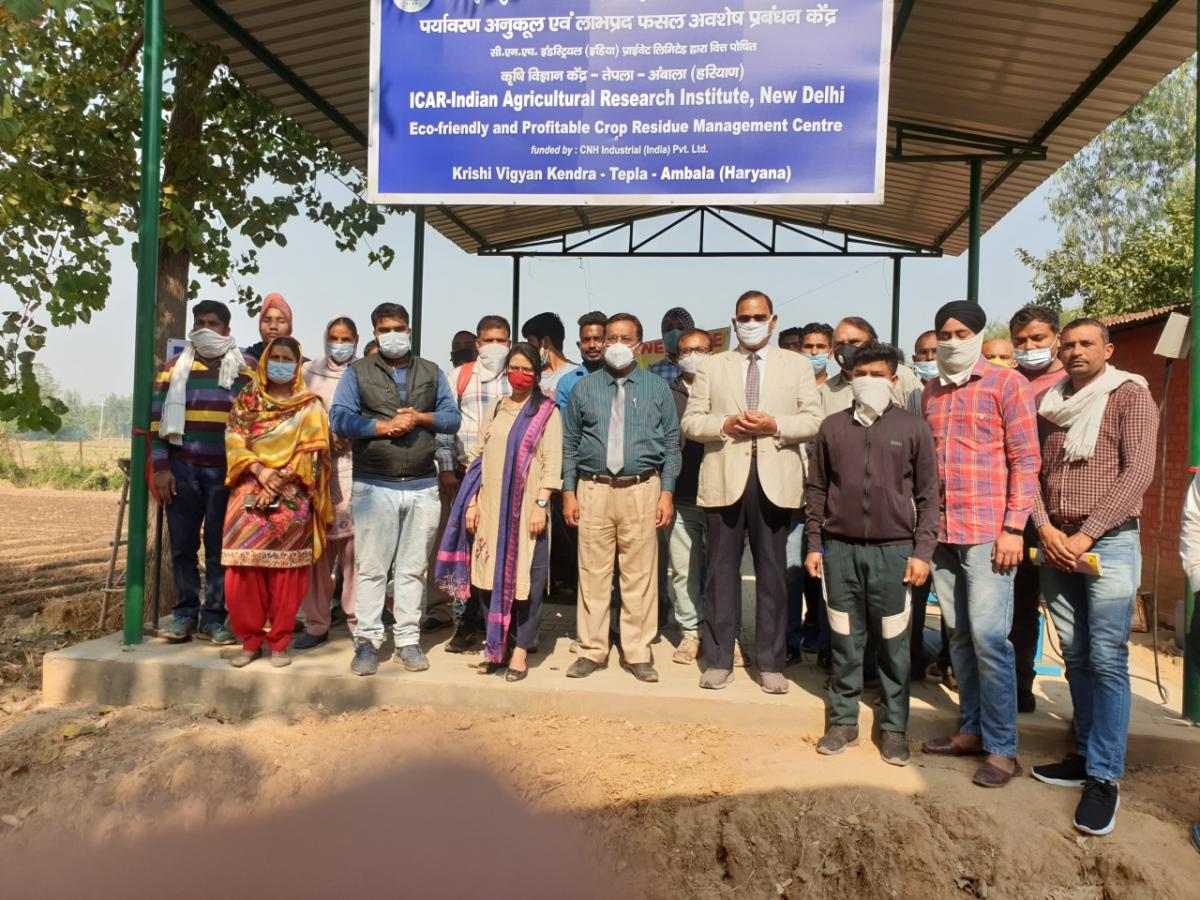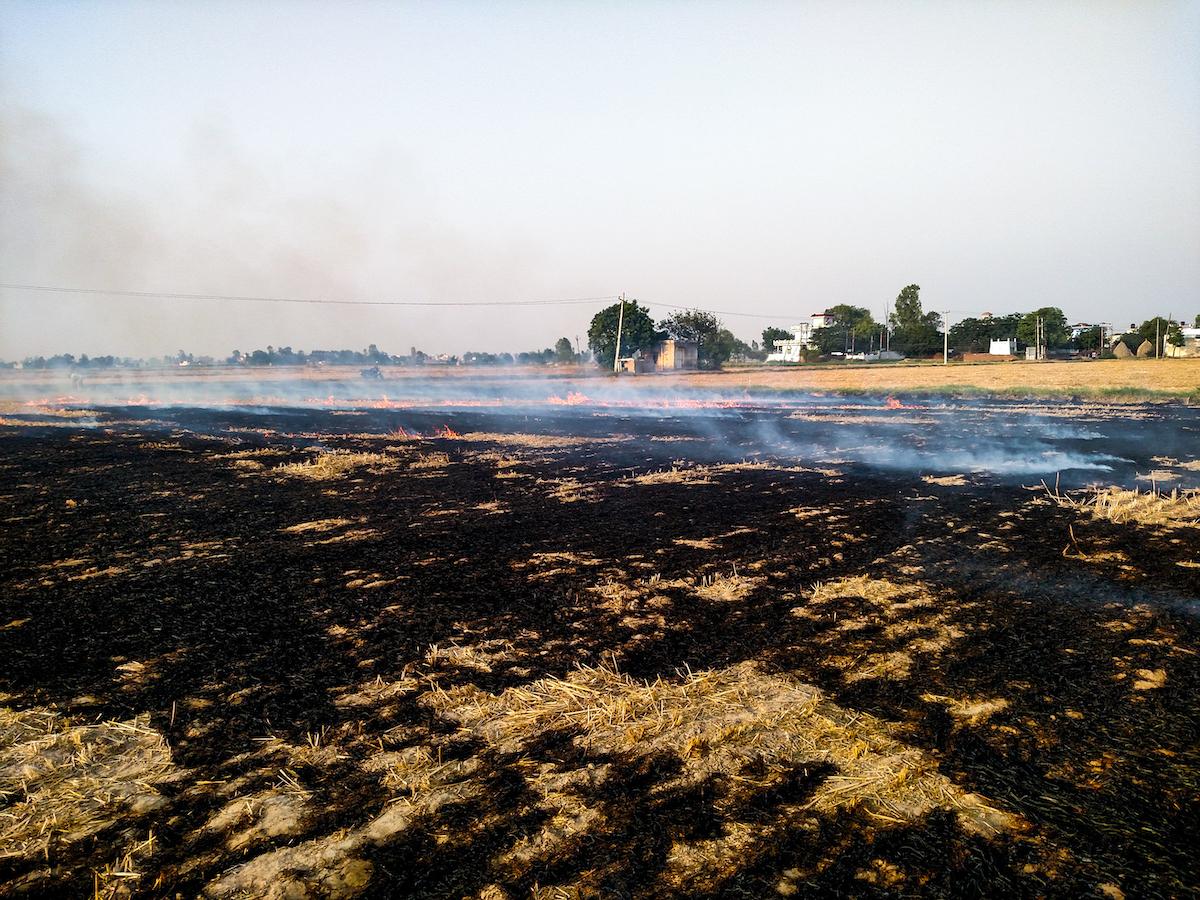CNH Industrial India Helping To Overcome Challenges Associated With Stubble Burning in India
The end of the Kharif season, signalled by the rice harvest, saw the first baling session, which marked the formal launch of the “Straw Management” CSR project, managed by CNH Industrial India in collaboration with the Indian Agricultural Research Institute (IARI) in Krishi Vigyan Kendra (KVK), Ambala.
Stubble burning, which is understood to be one of the leading causes of air pollution in India, contributes between 17.9% and 39.5% to particulate matter in the Northern Plains region, and emits a large amount of toxic pollutants into the environment. As stubble burning is considered by many farmers to be the quickest and cheapest way to dispose of crop residue in fields, the practice, adopted by most farmers has not only become a major environmental threat, but leads to deterioration of soil health and impacts soil productivity.
Speaking on the occasion, Ms. Kavita Sah, Head of Corporate Social Responsibility, CNH Industrial India, said, “The practice of burning agriculture waste in fields during the Covid-19 pandemic could further exacerbate an already difficult situation. It also destroys soil health, which is already degraded. To overcome the growing challenges of stubble management, CNH Industrial India has joined forces with IARI to develop a sustainable and economically viable residue management solution for the farming community.”
CNH Industrial India, in collaboration with IARI, is providing agricultural equipment (tractors, balers, mulchers, rakes), financial support and technical support to develop a holistic solution for straw and crop residue management.
Director of IARI Dr. A K. Singh underlined, “With the onset of winter and the Rabi season, farm fires become rampant in northern India, which represents a huge environmental and health cost. This collaborative effort with CNH Industrial India will indeed benefit the farming community, as it will provide them with a comprehensive solution to the problems related to residue burning. This program will enable customizable microbial and mechanical technologies, specific to the individual location to use rice and-wheat crop residue as animal feed and to transform it into energy and compost. These custom-built technology packages will be evaluated through the farmers participation in the research program alongside the development of a business model for the economical and eco-friendly use of crop residue.”
During an inauguration event, there was a brief demonstration of the project, which started with baling through to initiation of composting and the production of animal feed blocks from bales, a key project deliverable.
CNH Industrial India is the market leader in crop residue management with its advanced solution and has been providing a sustainable solution for energy generation through renewable sources together with curbing environmental pollution. With the launch of this pioneering project, CNH Industrial India has taken a step forward whilst fulfilling its commitments to provide effective and sustainable solutions for straw management and tangible improvements to the farming community.



